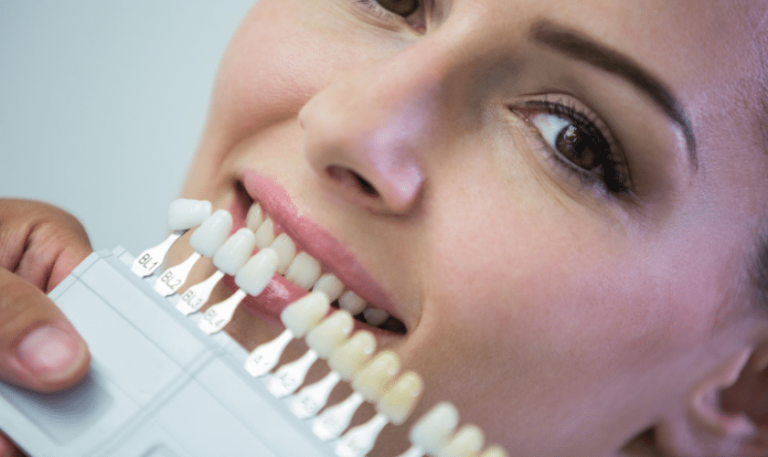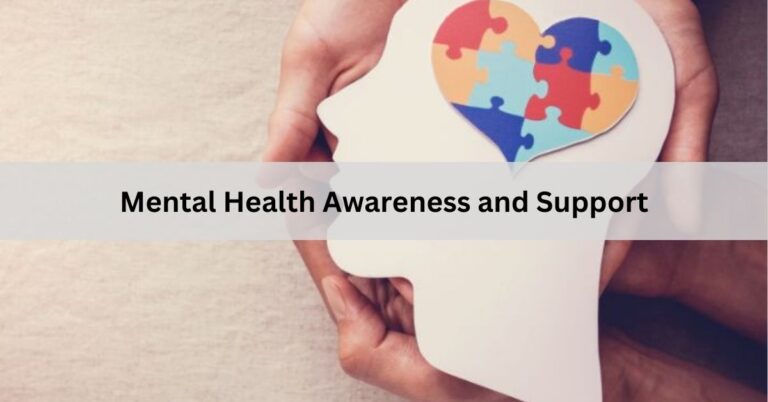Introduction
Regular exercise is a cornerstone of a healthy lifestyle, offering numerous benefits for both the body and mind. Engaging in consistent physical activity can improve overall health, boost mood, and enhance quality of life. Whether you’re a fitness enthusiast or just starting out, understanding the advantages of regular exercise can motivate you to stay active and make it a part of your daily routine.
Physical Health Benefits
Improved Cardiovascular Health
One of the most significant benefits of regular exercise is its positive impact on cardiovascular health. Engaging in activities like running, cycling, or swimming strengthens the heart and improves circulation. Regular exercise helps reduce blood pressure, lower bad cholesterol levels (LDL), and increase good cholesterol levels (HDL). These changes decrease the risk of heart disease, stroke, and other cardiovascular conditions.
Weight Management
Exercise plays a crucial role in weight management. Physical activity helps burn calories, which is essential for losing weight or maintaining a healthy weight. Combining regular exercise with a balanced diet can create a calorie deficit, leading to weight loss. Additionally, exercise boosts metabolism, allowing the body to burn more calories even at rest. Strength training, in particular, builds muscle mass, which further enhances metabolic rate.
Stronger Muscles and Bones
Regular exercise, especially weight-bearing activities like walking, running, and resistance training, strengthens muscles and bones. This is particularly important for preventing osteoporosis and maintaining bone density as we age. Strong muscles support and protect joints, reducing the risk of injuries and improving overall physical stability. Resistance training also promotes muscle growth and endurance, contributing to better overall physical performance.
Enhanced Flexibility and Balance
Activities such as yoga, Pilates, and stretching exercises improve flexibility and balance. Enhanced flexibility allows for a greater range of motion in the joints, reducing the risk of injuries and improving posture. Good balance is essential for preventing falls, particularly in older adults. Incorporating exercises that focus on flexibility and balance into your routine can lead to better physical coordination and stability.
Boosted Immune System
Regular exercise has been shown to strengthen the immune system. Physical activity increases circulation, allowing immune cells to move more freely throughout the body and perform their functions more effectively. Exercise also reduces inflammation and promotes the production of antibodies and white blood cells, which are crucial for fighting off infections. As a result, individuals who engage in regular exercise are less likely to experience colds and other common illnesses.
Mental Health Benefits
Reduced Stress and Anxiety
Exercise is a powerful stress reliever. Physical activity stimulates the production of endorphins, which are natural mood elevators. These endorphins help reduce stress and anxiety, providing a sense of well-being and relaxation. Regular exercise also lowers levels of the stress hormone cortisol, further alleviating feelings of anxiety. Activities like running, swimming, and yoga are particularly effective at promoting relaxation and reducing stress.
Improved Mood and Mental Health
Exercise has a profound impact on mood and overall mental health. It is known to alleviate symptoms of depression and improve mood by increasing the production of serotonin and dopamine, neurotransmitters that play a key role in regulating mood and emotions. Regular physical activity can lead to a more positive outlook on life, increased self-esteem, and better mental resilience. Group exercises or sports can also provide social interaction, further enhancing mental well-being.
Enhanced Cognitive Function
Regular exercise is beneficial for brain health and cognitive function. Physical activity increases blood flow to the brain, promoting the growth of new neurons and improving overall brain function. Exercise has been linked to better memory, sharper thinking, and a reduced risk of cognitive decline and diseases such as Alzheimer’s. Activities that require coordination, balance, and concentration, like dance or martial arts, are particularly beneficial for cognitive health.
Better Sleep Quality
Engaging in regular exercise can significantly improve sleep quality. Physical activity helps regulate the sleep-wake cycle, making it easier to fall asleep and stay asleep. Exercise also reduces symptoms of insomnia and sleep apnea, allowing for a more restful and rejuvenating sleep. It’s important to time your workouts appropriately; exercising too close to bedtime can have the opposite effect and make it harder to fall asleep.
Increased Energy Levels
Regular exercise boosts energy levels by improving cardiovascular health, increasing oxygen flow, and enhancing overall physical endurance. As fitness levels improve, everyday tasks become easier, and fatigue becomes less of an issue. Exercise also increases the efficiency of the cardiovascular system, allowing the body to use energy more effectively and reducing feelings of tiredness and lethargy.
Social Benefits
Enhanced Social Connections
Participating in group exercises, sports, or fitness classes can enhance social connections and foster a sense of community. Exercising with others provides an opportunity to make new friends, share experiences, and build a support network. Social interaction during exercise can boost motivation and accountability, making it more likely that you’ll stick with your fitness routine.
Family Bonding
Exercise can be a great way to spend quality time with family members. Activities like hiking, biking, or playing sports together promote family bonding and create lasting memories. Encouraging children to participate in physical activities from a young age sets a positive example and helps establish healthy habits that can last a lifetime.
Increased Motivation and Accountability
Exercising with a partner or in a group setting can increase motivation and accountability. When you have someone to share your fitness goals with, you’re more likely to stay committed and push yourself harder. Group fitness classes or workout buddies can provide encouragement, support, and friendly competition, all of which contribute to a more enjoyable and effective exercise experience.
Practical Tips for Incorporating Exercise into Your Routine
Start Small and Gradual
If you’re new to exercise, it’s important to start small and gradually increase the intensity and duration of your workouts. Begin with activities that you enjoy and can easily incorporate into your daily routine. Walking, cycling, or light stretching are great starting points. As you become more comfortable, you can gradually add more challenging exercises to your regimen.
Set Realistic Goals
Setting realistic and achievable goals is crucial for maintaining motivation and tracking progress. Whether your goal is to lose weight, improve cardiovascular health, or build muscle, break it down into smaller, manageable milestones. Celebrate your achievements along the way to stay motivated and focused on your long-term objectives.
Mix It Up
Variety is key to preventing boredom and maintaining interest in your exercise routine. Incorporate different types of exercises, such as cardio, strength training, flexibility exercises, and recreational activities, to keep things interesting. Trying new activities and varying your workouts can also prevent plateaus and ensure that all muscle groups are being targeted.
Find a Workout Buddy
Exercising with a friend or family member can make workouts more enjoyable and provide additional motivation. A workout buddy can offer encouragement, support, and accountability, making it more likely that you’ll stick with your exercise routine. Partner workouts can also add a social aspect to your fitness regimen, making it more fun and engaging.
Listen to Your Body
It’s important to listen to your body and avoid pushing yourself too hard, especially when you’re just starting out. Pay attention to any signs of pain or discomfort and adjust your workouts accordingly. Rest and recovery are essential components of any exercise program, so make sure to give your body time to heal and rejuvenate.
Seek Professional Guidance
If you’re unsure where to start or how to progress, consider seeking guidance from a fitness professional. Personal trainers can provide personalized workout plans, proper instruction on exercise techniques, and ongoing support to help you reach your fitness goals. They can also help ensure that you’re exercising safely and effectively, reducing the risk of injury.
Conclusion
Regular exercise offers a wide range of benefits for both physical and mental health. From improving cardiovascular health and managing weight to reducing stress and enhancing cognitive function, the advantages of staying active are undeniable. By incorporating exercise into your daily routine and following practical tips for maintaining motivation, you can enjoy a healthier, happier, and more fulfilling life.

























+ There are no comments
Add yours